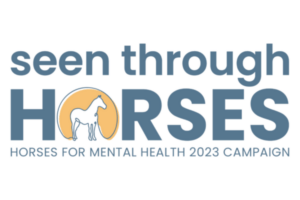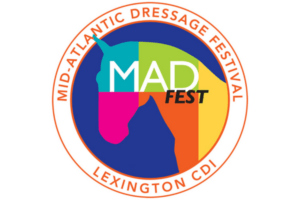New York, NY – April 22, 2019 – The board of directors of Grayson-Jockey Club Research Foundation announced that it has authorized expenditure of $1,338,858 to fund eight new projects at seven universities, nine continuing projects, and three career development awards to fund veterinary research to benefit all horses. This is the fifth straight year that more than $1 million has been approved.
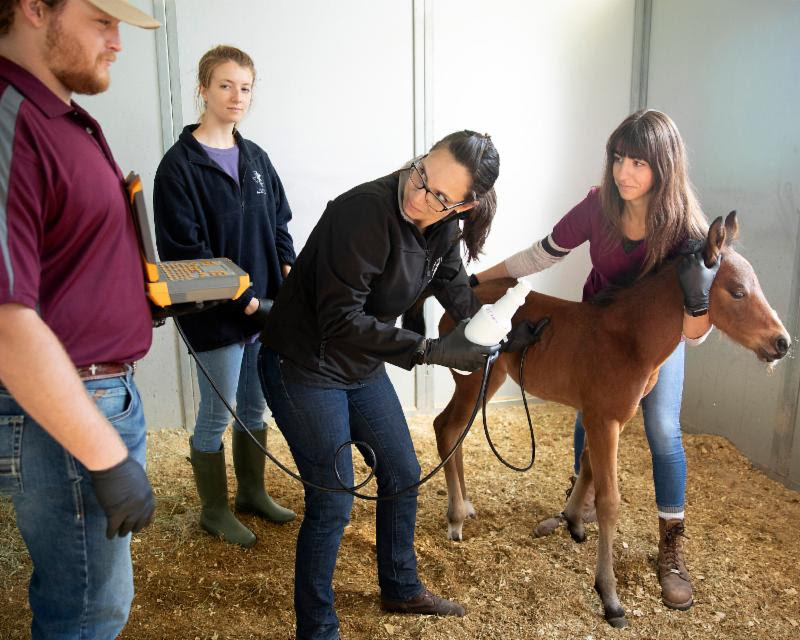 “We thank our generous donors who recognize the value of veterinary research for enhancing equine health and wellness,” said Jamie Haydon, president of the foundation. “From studying a racehorse’s stride to predict injury, to testing an intrauterine antibiotic treatment, we are excited to see the results of these studies and how they may help horses of all breeds in the future.”
“We thank our generous donors who recognize the value of veterinary research for enhancing equine health and wellness,” said Jamie Haydon, president of the foundation. “From studying a racehorse’s stride to predict injury, to testing an intrauterine antibiotic treatment, we are excited to see the results of these studies and how they may help horses of all breeds in the future.”
The 2019 slate of research brings Grayson-Jockey Club Research Foundation’s totals since 1983 to more than $27.5 million to underwrite 366 projects at 44 universities.
“Grayson’s goal has always been to support the most relevant and impactful research on behalf of the horse, and the past year has seen an increased focus on the musculoskeletal system of the racehorse,” said Dr. Larry Bramlage, partner, Rood & Riddle Equine Hospital and a member of Grayson’s Research Advisory Committee. “We are very happy to have three quality musculoskeletal projects focused on better understanding why injuries occur and how to detect and prevent them before they manifest themselves as injuries to the bones and joints of the racehorse.”

Additionally, Oaklawn Park and WinStar Farm will each be donating $50,000 in 2019 to sponsor research projects pertaining to health in racehorses. They are participants in Grayson’s new corporate membership program, whereby organizations can contribute to Grayson-funded projects. Those interested in the program should contact the foundation.
The new projects are listed alphabetically by university below:
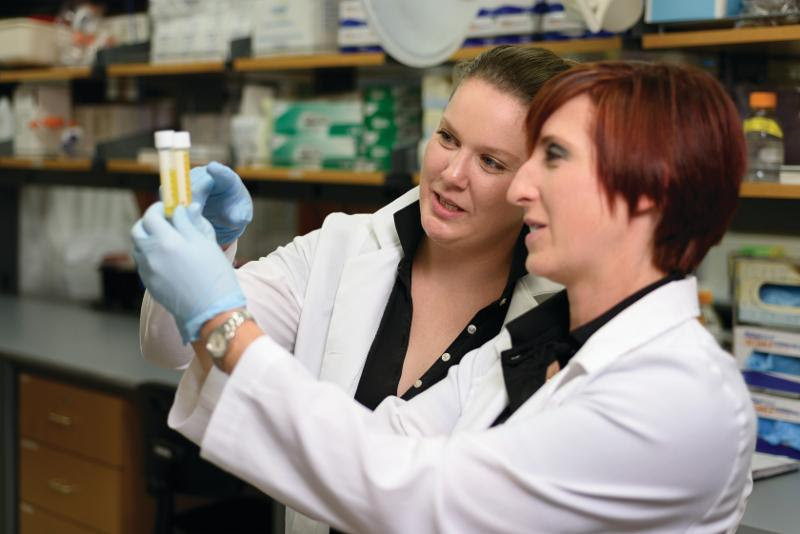 Antimicrobial Properties of Equine MSCs
Antimicrobial Properties of Equine MSCs
Laurie Goodrich, Colorado State University
This study is expected to impact the equine industry by validating TLR activated equine mesenchymal stem cells as an effective, novel therapy in treating multi-drug resistant infections.
Uncovering the Blood B Cell Immune Response to EHV-1
Tracy Stokol, Cornell University
By sequencing individual blood B cells, this research will identify changes in B cell immunity after EHV-1 vaccination and will generate a sequencing database that will uncover new antibodies against EHV-1.
Intrauterine Antibiotics may Augment Placentitis Therapy
Scott Bailey, North Carolina State University
This proposal will explore the potential for intrauterine antibiotic treatment to improve foal survival and health in mares with ascending placentitis.
Non-Invasive Evaluation of Host-Microbiota Interactions
Canaan Whitfield-Cargile, Texas A&M
This study aims to develop a non-invasive platform to serve as a diagnostic test for gastrointestinal inflammation prior to severe disease and to reveal how bacteria in the gut influence horse health.
Standing PET of the Racehorse Fetlock
Mathieu Spriet, University of California-Davis
This research involves validation of a PET technology for early detection of fetlock lesions in standing horses to prevent catastrophic breakdowns in racehorses.
Training Programs for Prevention of Fetlock Injury
Sue Stover, University of California-Davis
This study is designed to predict proximal sesamoid bone fracture in racehorses from a calibrated computational model that incorporates training programs, track surface properties, and bone’s reparative processes.
 Racehorse Stride Characteristics, Injury and Performance
Racehorse Stride Characteristics, Injury and Performance
Chris Whitton, University of Melbourne
By identifying changes in stride characteristics of racehorses over time, researchers can identify those parameters that can be used as an early indicator of injury or that are key to injury development.
*Sponsored by WinStar Farm*
Robotic CT for Assessing of Bone Morphology
Kyla Ortved, University of Pennsylvania
This study strives to prevent catastrophic injuries in the Thoroughbred racehorse by screening fetlock joints using standing robotic CT and biomarker analysis.
*Sponsored by Oaklawn Park*
Kline Award Recipient
Sian Durward-Akhurst, University of Minnesota
Dr. Akhurt’s project looks at using whole genome sequencing (WGS) to create a catalog of genetic variation in the horse and quantify the number of variants predicted to have a detrimental effect on phenotype. Understanding of the genetic burden in the diverse population of the equine will help in diagnosing, determining prevalence, and lead to ways of dealing with mutation-caused diseases.
Storm Cat Award Recipients
Lynn Pezzanite, Colorado State University
Dr. Pezzanite’s project looks at the possible benefits of combining mesenchymal stem cells, known to secrete antimicrobial peptides, into traditional antibiotic therapy for control of joint infections. If successful, this improves outcomes and reduces reliance on antibiotics to which infections are becoming increasingly resistant.
Holly Stewart, Colorado State University
Bone marrow lesions are known to be early indicators of structural deterioration of the fetlock joint. Dr Stewart’s project looks to develop a dual energy cone beam CT scan of this area of maladaptive changes with the advantages of reduced scan times, reduced cost, and improved spatial resolution compared to conventional MRI.
Details on the new projects are available here.
Grayson-Jockey Club Research Foundation is traditionally the nation’s leading source of equine research funding. The projects it supports enhance the health and safety of horses of all breeds. Additional information about the foundation is available at grayson.jockeyclub.org.




